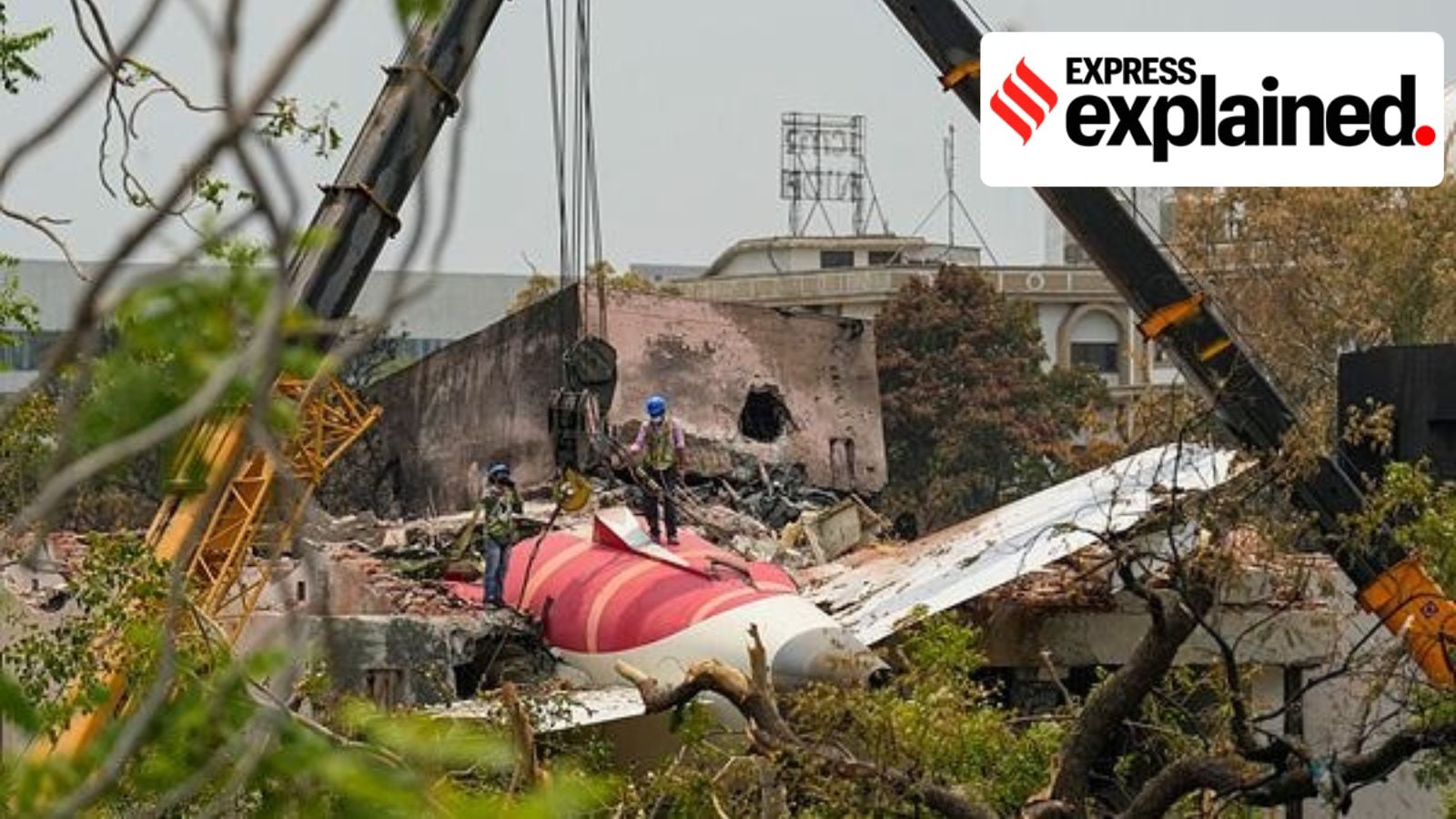When Air India flight 171 crashed on Thursday, killing all 241 passengers and crew, the immediate response followed a predictable pattern. Emergency services rushed to the scene. Families gathered at airports. Media crews descended on Ahmedabad.
But on Sunday (June 15), something that might puzzle casual observers was also happening: several international aviation agencies arrived in Ahmedabad to participate in the investigation of the tragedy. Among those who reached India were representatives of the United States’ National Transportation Safety Board (NTSB), its top transport accident investigation agency, as well as officials from the Federal Aviation Administration (FAA), the US civil aviation regulator, and the United Kingdom’s Civil Aviation Authority (CAA).
This raises the obvious question: Why are foreign agencies, particularly from the US and the U.K., involved in investigating the crash of an Indian airline on Indian soil?
Protocol laid by the Chicago Convention
The answer lies in a 78-year-old international agreement that governs nearly every aspect of how we fly. The Convention on International Civil Aviation, better known as the Chicago Convention, was signed in 1944 as World War II was drawing to a close. Its framers understood that aviation would connect the world in unprecedented ways, and that ensuring air safety would require shared global responsibility.
Today, the Convention’s technical standards are overseen by the International Civil Aviation Organisation (ICAO), a UN agency based in Montreal. All 193 member countries—including India, the United States, and the United Kingdom—have agreed to follow its rules. One of the most important of these is Annex 13, which lays out the international protocols for investigating aircraft accidents and serious incidents.
Chapter 5 of Annex 13 outlines the core responsibilities for conducting such investigations. It clarifies that the goal is not to assign blame or liability, but to improve aviation safety by uncovering causes and preventing future accidents.
Who can participate in the investigation?
According to Chapter 5, the responsibility to investigate an aircraft accident lies with the ‘State of Occurrence’ — the country where the accident took place. In addition, other countries connected to the aircraft have a formal right to participate. These include the ‘State of Registry’ (where the aircraft is registered), the ‘State of the Operator’ (which operated the flight), the ‘State of Design’, and the ‘State of Manufacture’ (of the aircraft in question).
Story continues below this ad
Since the AI 171 air crash occurred on Indian soil, India holds the State of Occurrence right. The investigation into the accident is thus led by the Aircraft Accident Investigation Bureau (AAIB), the government agency under India’s Ministry of Civil Aviation responsible for investigating civil aviation accidents and serious incidents.
The ‘State of the Operator’, which refers to the country where the airline’s principal place of business is located, is also India, as Air India operated the aircraft. The ‘State of Registry’ is India as well; Air India’s Boeing aircraft carry Indian registration markings that begin with VT, following national regulations.
However, both the ‘State of Design’ and the ‘State of Manufacture’ in this case are the United States. The aircraft was manufactured by Boeing and has engines made by General Electric, both American firms. Thus, US agencies such as the National Transportation Safety Board (NTSB) and the Federal Aviation Administration (FAA) are entitled to participate in the investigation, under ICAO Annex 13. The manufacturer, such as Boeing, may also send its own experts as part of the NTSB’s accredited team.
The UK’s representatives have joined the investigation since 53 British nationals were on board AI 171, all of whom died. All participants in the investigation are entitled to visit the crash site, examine the wreckage and evidence, make technical submissions, and receive the final report.
A practical necessity, with a precedent
Story continues below this ad
This isn’t overreach—it’s a practical necessity. The aim is to ensure a thorough, technically sound investigation, with all relevant stakeholders contributing to uncover the root cause and enhance global aviation safety. It reflects the principle that air safety is a shared international responsibility, especially in an era where aircraft design, technology, and manufacturing are deeply globalised, and a single aircraft model flies for dozens of airlines across six continents. A lesson learned from a crash in India might prevent an accident in Indonesia. A design flaw discovered in Delhi could save lives in Detroit.
This is why foreign investigators pack their bags and rush to crash sites around the world—not because they’re interfering, but because modern aviation safety depends on sharing knowledge across borders.
India has seen this protocol in action before. When Air India Express Flight 812 crashed in Mangalore in 2010, the NTSB provided technical assistance at the request of Indian authorities.








































